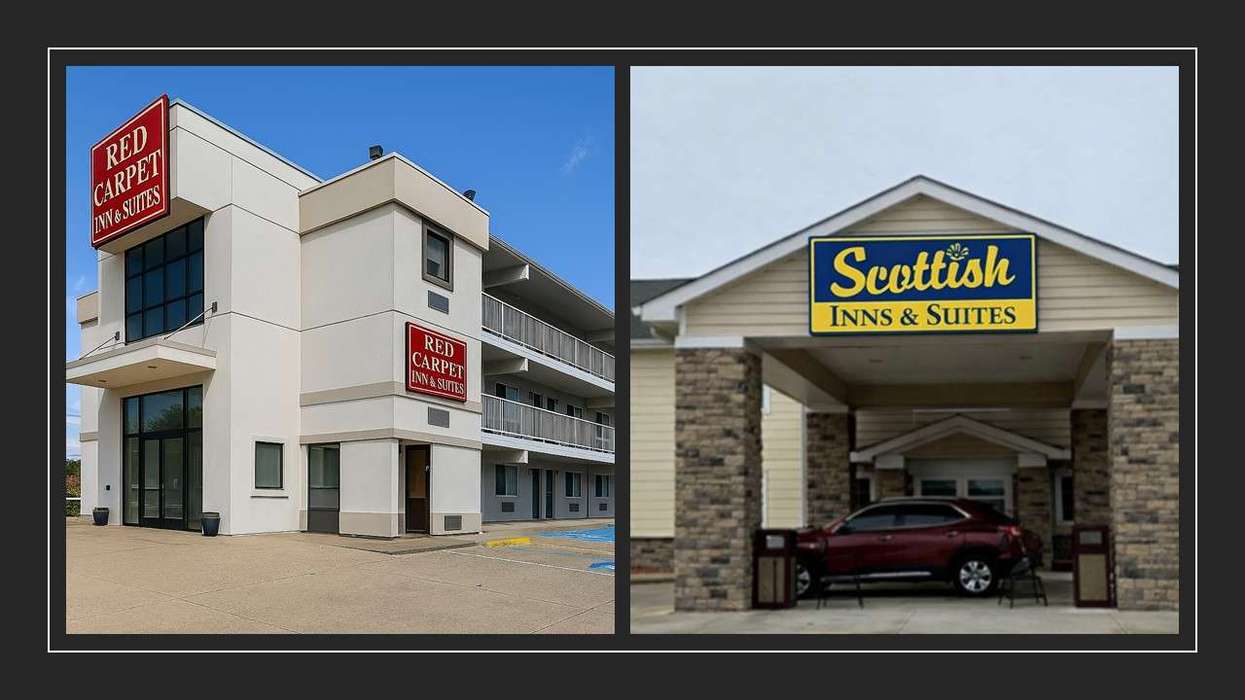THE BAIRD/STR Hotel Stock Index dropped significantly in January, 7.7 percent to 4,863, mainly due to the increasing coronavirus fears. The drop comes after the index ended 2019 with a 29.5 percent increase for the year.
“Last year’s positive stock market momentum reversed course sharply, and investors have become increasingly concerned about how the spread of coronavirus might impact global growth with hotel stocks being disproportionately impacted as a result,” said Michael Bellisario, senior hotel research analyst and director at Baird. “Industry RevPAR forecasts for 2020 continue to moderate, and most industry participants now are expecting flattish growth.”
The Baird/STR index’s January performance fell behind both the S&P 500 and the MSCI US REIT Index, down 0.2 percent and 1 percent respectively.
The hotel brand sub-index decreased 6.4 percent from December to 8,052 while the hotel REIT sub-index declined 10.8 percent to 1,364.
“As presented at ALIS last week, we’re forecasting 2020 to be the industry’s first non-growth year in RevPAR since 2009,” said Amanda Hite, STR’s president.
“Even though preliminary U.S. performance results for January have shown positive, the uncertainty around the coronavirus outbreak on top of already modest growth expectations has created angst around the investment community. It will be some time before we know the extent of the coronavirus impact on travel and lodging in the U.S., but this is no doubt a concern with global implications in the sector. It is worth pointing out that the total number of Chinese visitors was expected to be around 2.8 million in 2020, and any disruption to this flow will impact local and national demand growth figures.”




